HR Issues Amidst COVID-19 Disruptions PART 5: Administering The Families First Coronavirus Response Act (FFCRA)
.png?width=750&name=HR%20and%20COVID-19%20(4).png)
Understanding the Families First Coronavirus Response Act (FFCRA) is a challenge in and of itself! What happens when an employer has their first employee request paid leave? Having the right information, tools, guidelines, and support is vital! Below, you will find several “Best Practices” related to proper administration and compliance. Compliance is important, but as I explored in my first part of this series entitled “Defining Long-Term Objectives Surrounded by Short Term Obstacles,” it is important to see this law in light of an organization’s long-term objectives. FFCRA tactics need created, but they cannot stand apart from an overall operational continuity plan.
Here are some key DO’s and DON’Ts related to Paid Leave:
DO: Have a consistent approval process!
- To stay compliant, plan for tax credits, minimize potential employee abuse, maintain business continuity, and decrease potential discrimination practices, it is essential to have a planned out and consistent administration process.
DO: Require a written request and supporting documentation!
- Employees wanting E-PSL and/or E-FMLA should complete a compliant Request Form and submit supporting documentation.
DO: Create a solid record-keeping strategy!
- Showing proof of decision-making is just as important with FFCRA compliance as it is with other employment laws. When storing paperwork related to FFCRA, employers should abide by normal HIPAA guidelines. Best practice is to place FFCRA-related documentation in the employee’s health folder, which should be limited in scope to who can see it.
DO: Ask probing questions when necessary!
- Paid leave is not a given benefit for all people. It is important that employers to do their due diligence to ensure employees, who need this benefit receive it and those who do not qualify do not receive it.
DO: Inform employees of their rights under the FFCRA!
- Be sure to notify employees by posting the required DOL FFCRA poster as well as sending it out via email or company intranet site. It is the law to notify employees. In addition, companies who educate their employees about such laws typically experience less attempts to abuse the law (purposefully and inadvertently).
DO: When it comes to childcare, ask the right questions!
- If you have an employee requesting leave due to a childcare-related reason, make sure that employee is the ONLY suitable caregiver. In addition, for children over the age of 14, employers have the right to inquire if there are special circumstances necessitating the parent to watch the child (e.g.—special needs considerations).
DO: Work with employees for mutually beneficial outcomes!
- Most employees seeking Paid Leave have a legitimate reason in doing so. When it comes to childcare, consider intermittent leave. Helping employees through tough times goes a long way in retaining them for years to come.
DO: Collaborate with HR professionals and employment attorneys!
- The laws are complex, and each situation has its own nuance. When it is not black and white, reach out for support.
DON’T: Build short-term strategies that conflict with long-term objectives!
- This is a difficult time but remember that decisions made now will have consequences months and years down the road. Employees will remember if you tried to work with them, and most of them will appreciate it. Months and years down the road, there may be a talent shortage. Retaining your best employees now may solve long-term operational challenges and the seizing upon opportunities.
DON’T: Hand out paid leave for any and every reason!
- Know the law and administer it correctly. At first, the law seemed very expansive. The more we learn, the more we see that there are specific guidelines for employers to vet situations carefully.
DON’T: Wait to the last minute to develop your strategy to manage E-PSL and E-FMLA!
- Be prepared now, so you do not risk violating DOL regulations, miss out on IRS tax credits, mishandle a situation causing a discrimination charge, and/or allow employees to abuse this law.
Do not wait until your first employee asks for Paid Leave! That is not the time to develop your plan. Now is the time. Proper planning now will go a long way to successful implementation and administrative compliance with the FFCRA.
This series explores HR-related areas needing consideration as leaders deal with the current COVID-19 disruption. Check out parts 1-4:
-
HR Issues Amidst COVID-19 Disruptions PART 2: Support Your Employees With Clear Communications
-
HR Issues Amidst COVID-19 Disruptions PART 3: Staffing and Business Continuity
-
HR Issues Amidst COVID-19 Disruptions PART 4: Understanding The Families First Coronavirus Response Act (FFCRA)
Hang in there! This will pass! We are in this together!
Need assistance with addressing short and long term HR needs for your business? Contact me at steve.black@brixeyandmeyer.com, and we will address them proactively.
Disclaimer: This blog is not legal advice, but merely informed opinion or general information meant for no particular purpose. Issues addressed in this blog often implicate federal, state, and local labor and employment laws. This blog is not intended as a substitute for legal advice. Readers should consult labor and employment counsel to determine whether their particular policies, procedures, decisions, or courses of action comply with such laws.

.png)